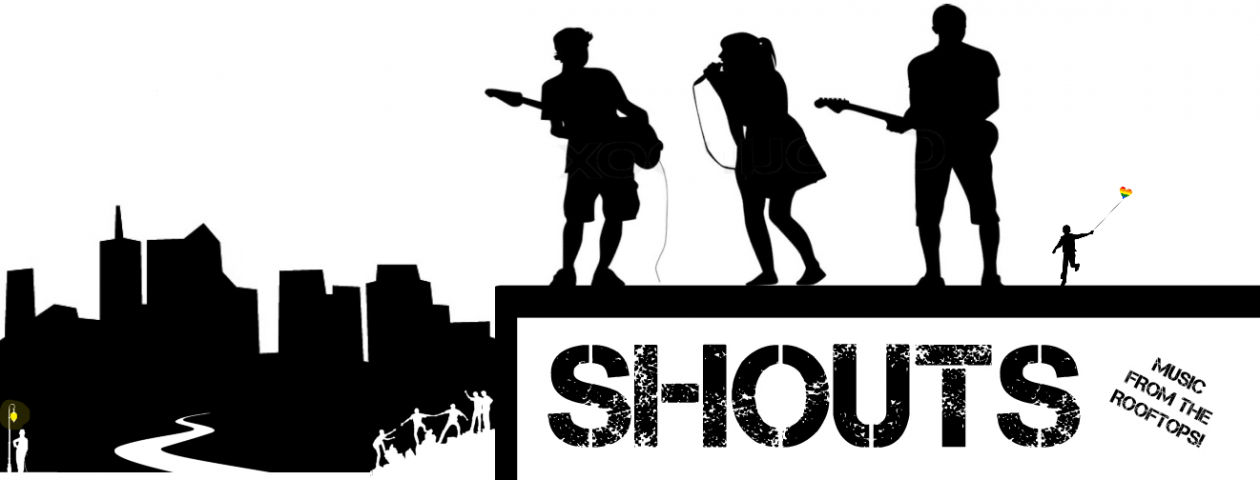Sally Anne Gross, University of Westminster
The Misogyny In Music report, published in January 2024 by the Women And Equalities Committee, was the first major report into the working conditions of women and girls working across the UK music sector.
The scope of the report, which I contributed to, was ambitious. It covered performers, songwriters, audio engineers, major music companies and institutions and both classical and popular music education. The report revealed the level of inequality across the music supply chain and the sexism, misogyny, bullying and sexual abuse that women and girls experienced in their working lives.
As part of the report, back in September 2023, the BBC broadcaster DJ and author Annie Macmanus (better known as Annie Mac) gave evidence to the House of Commons committee, calling the music business a “boys’ club” that is “rigged against women”.
The report was widely heralded as a turning point. Finally, the boys’ club of the music industry was laid bare. But on Friday, April 19, the government issued its response to the report’s recommendations – a wholesale rejection.
This article is part of our State of the Arts series. These articles tackle the challenges of the arts and heritage industry – and celebrate the wins, too.
With the publication of the report and its recommendations, it seemed for a moment as if women’s needs might be being addressed given the cross-party support the committee had garnered.
The recommendations called for legislative change to increase protection for women in several different areas: from amending the Equalities Act to provide freelancers the same rights as employees, to prohibiting the use of nondisclosure agreements “in cases involving … sexual abuse, sexual harassment or sexual misconduct”.
The government argues that there are already legal safeguards in place that make nondisclosure agreements unenforceable if they are used in order to protect perpetrators.
Other recommendations include: reform of parental leave to include freelancers, that public funding and licensing of music venues should be made conditional on those premises taking steps to tackle gender bias, sexual harassment and abuse. In terms of education, the report recommends investment in training for women in areas such as audio engineering where the gender imbalance is particularly acute. The report further recommends education for school children and specifically boys “on issues of misogyny, sexual harassment and gender-based violence”.
So why did the government reject the recommendations?

The government’s response
The government’s argument was that there is no need for additional action, because action is already in play. It said: “This response has set out the many initiatives that the government is taking forward or the policies that are currently in place to provide legal protections for women in the workforce, including in the music industry.”
The response from women and commentators across the music industry has been one of great disappointment and almost disbelief.
“It’s incredibly disheartening to hear the government deny the reality of the endemic misogyny and discrimination that women face in the UK music industry”, said Nadia Khan, the founder of the charity Women in CTRL.
But should we be surprised by this government’s response? As a woman and a mother who has been working in the UK music industry for over 30 years I can say from personal experience it’s been – at best – frustrating and exhausting.
How the industry treats women
Sexism and misogyny are a daily occurrence in the industry. In 1993, I became the first woman to be appointed as an artists and repertoire manager (A&R) at Mercury Records UK. A&R is one of the most prestigious roles in any record label.
On my first day, all the men – even the ones I knew – stared silently through their office blinds as I walked into my office. Not one came out to greet me. I felt I was not considered one of them. Now there are women working in music companies in all kinds of positions from A&R to heads of departments, but they are still not treated as equal to men, as the report clearly found.
I have now been teaching in a music department of a university for nearly two decades. I have seen how slow the process of change is and how resistant institutions can be to change.

When I started teaching, just as when I started out as a music manager and independent record label owner, I was surrounded by men. As a woman in the industry, you become accustomed to coping; managing either by being invisible and unheard or deflecting unwanted advances and patronising comments with humour and a smile. Sometimes you just lose your temper, and sometimes you make a quick getaway.
In 2016 I became a researcher focusing on the impact of inequalities on mental health and the working conditions of the music industries. My co-author and researcher George Musgrave and I published our research in two reports for the charity Help Musicians UK, and a book entitled Can Music Make You Sick? Measuring the Price of Musical Ambition (2020). In it, we examined the relationship between poor working conditions and bad mental health.
We were honoured to contribute to the Misogyny In Music report. We, like everybody else that contributed, were hoping that the data would count and that legislative action for change would follow. The government response is disappointing, to say the least. Are we surprised? No. But we will we keep on fighting.
Sally Anne Gross, Reader in Music Business, University of Westminster
This article is republished from The Conversation under a Creative Commons license. Read the original article.







